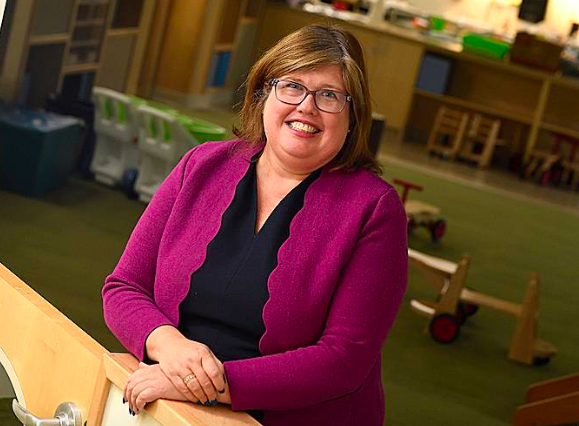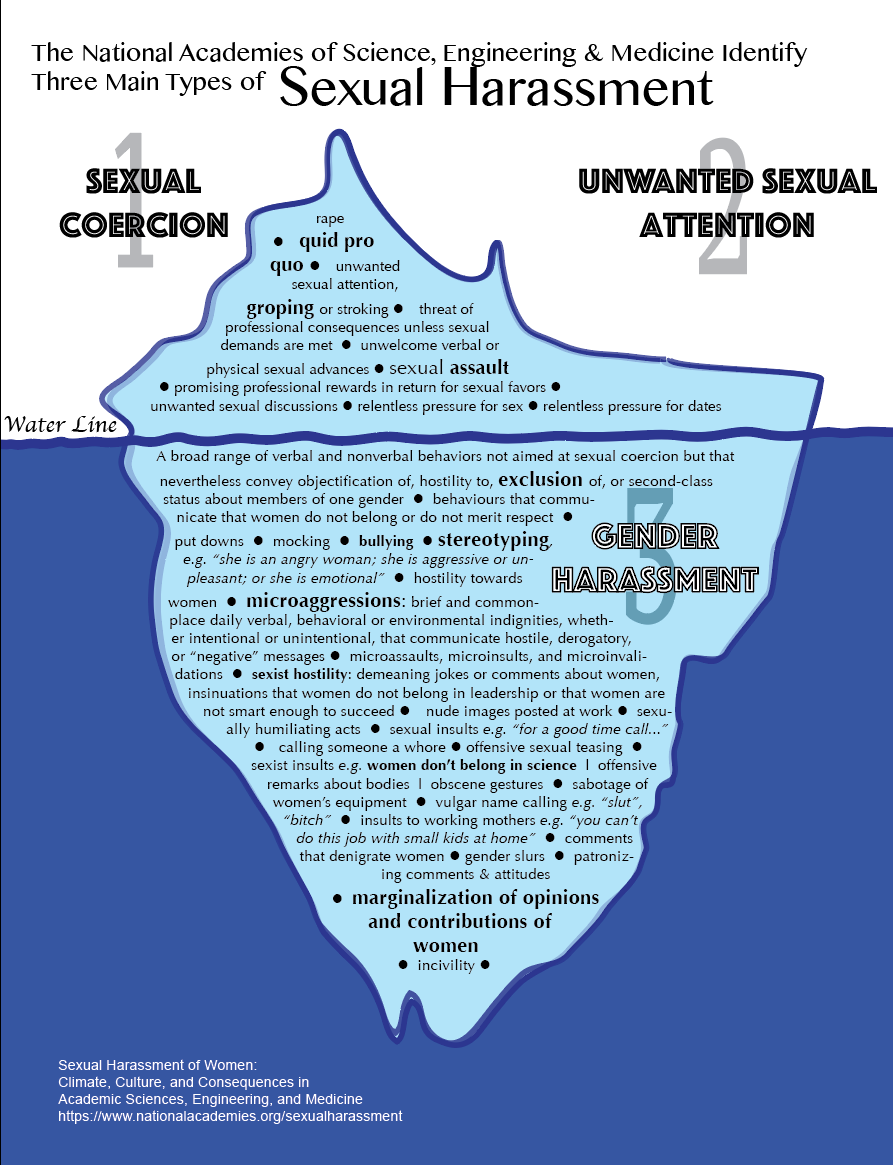 On November 26, 2018, 25+ faculty members and administrators from KSAS, WSE, and the Provost’s office gathered for over two hours to discuss the challenges and opportunities of graduate student advising—particularly in light of the recent NAS recommendations.
On November 26, 2018, 25+ faculty members and administrators from KSAS, WSE, and the Provost’s office gathered for over two hours to discuss the challenges and opportunities of graduate student advising—particularly in light of the recent NAS recommendations.
Our conversation was wide-ranging and lively; the notes below don’t begin to do it justice. What they try to do, though, is represent the ideas discussed (whether or not everyone agreed on them) and to inspire further discussion of this on the Homewood campus.
For resources on this topic, please visit our file cabinet.
Mentoring: How? When?
- One challenge is the question of how to inspire faculty to take on mentorship roles
- Once inspired, we need to learn how best to mentor
- One program already in place is the Master Mentoring is for faculty who are mentoring junior faculty, and the skills learned in this program should also be applicable to mentoring grad students.
- When and where should mentorship happen for graduate students?
- Some advocate mentorship at every stage of graduate school
- Additionally, mentorship isn’t limited to one’s home institution. There are networks across schools, in disciplines, for example:
- Chemistry: grad student mentorship network for underrepresented grad students/faculty called Chemwmn, funded by NSF
- EPS: physical oceanography community MPOWIR and Earth Science Women’s Network
Establishing community values & cultural norms
- How can the institution best use orientation (with particular consideration for international students coming from different cultural contexts) to set a supportive, professional tone for academic life at JHU?
- After orientation, how can we as an academic community sustain and normalize conversations about professional, respectful, inclusive interactions? Some ideas:
- Small group discussion with case studies: such-and-such happened in the lab or grad student workroom, what would we do?
- Regular lab/cohort meetings with scenario of the month?
- Use the concept of the “safety moment” common to chemistry lab meetings? Call this the “inclusive moment” and have examples of inclusive behavior?
- Ask grad students take the lead in discussions and inclusive practices, as long as they have full support from their PI/advisor?
- Can the university provide resources/case studies for this effort?
Defining the faculty/grad student relationship
- Collaborative relationships are most productive
- Vocabulary matters: think and speak of students as colleagues who are not as far along in their careers as we are—rather than, for example, as our employees (casting the relationship as boss/employee creates problems in attitude on both sides)
- Some junior faculty need help adjusting their expectations, particularly of first- and second-year grad students. They may have themselves been extraordinarily independent, savvy grad students and may expect all of their students to be just as amazing. They may not realize what guidance they received and therefore not be cognizant of what guidance they need to give.
What the NAS recommendation to “diffuse the hierarchical and dependent relationship between faculty and trainees” means in practice
- Diffusing power is not the same as disavowing power. We do not help students by giving up the power that comes with our positions
- We can, however, clarify our status as mere mortals—for example, by inviting students to comment on drafts of our work; by telling them about times when we’ve run into stumbling blocks, etc.
- Ensure that grad students and postdocs develop the independence to meet their deadlines. A grad student should not depend on an authority figure to get them to meet a deadline, nor should deadlines be disregarded
- Talk to each other about systems that work and adopt/adapt those systems as appropriate.
- It seems that different departments handle graduate student advising quite differently, and we as faculty do not necessarily know what other departments are doing. For example: In biophysics & biology, there is a committee of faculty for each graduate student and yearly meetings throughout graduate school. In EPS, grad students have to meet with advisor before they can register for next semester
- Feedback is important for both the adviser and the advisee. In some places, graduate students have to write a letter to their advisor/DGS about their goals & their progress; faculty had to do the same. Then, based on this exchange, faculty advisors can adjust, give them internships, redirect according to new interests, etc.
- Some parts of JHU have individual development plans (IDPs). I believe these are required by NIH training grants. Should these be universally required?
Challenges of writing letters of recommendation
- It is important to recognize that these are inherently biased; we as faculty should pay close attention to language. We discussed various approaches for minimizing bias:
- Have students write a paragraph for the letter
- Have students make a bulleted list of talents, etc., and have their peers help them do it; train students to be more proactive about articulating and advocating for their accomplishments and strengths.
- Show examples
- Share the literature on this with faculty and grad students alike (see Gender Equity in Science bibliography)
- Ask students for CV and give them feedback on their own professional presentation.
- Ask students for the cover letter
- GRO used to have an active committee on professional development; their website may be of some help
- During department orientation, offer best practices for how to ask for a letter of recommendation
Concerns about graduate student mental health & job market
- National stats make it clear that most students will not end up in tenure-track academic jobs in almost every field.
- Concern about high rates of depression among grad students . . . pressure, especially in humanities, is sometimes unbearable. CUNY Graduate Center made astounding foray into what it would mean to appoint somebody whose single job was to organize workshops for nonacademic careers . . .
- Students in the humanities (?) have 5 years of funding, but median time to complete the PhD is longer, so what are they supposed to do?
- There is excellent movement at the Career Center, with many good things happening, but we must advertise and support the opportunities there IN the department; if we don’t talk about the career center in our academic programs, students will perceive it as second class.
- One way to think about career planning for graduate schools is to disavow the notion that only academics is the only career track for “successful students,” i.e. “There are no alternative careers. There are only careers.”
How to institutionalize changes in how we approach graduate training? What is the path toward turning some of these good ideas into requirements?
Incentives
- For example, University of Michigan uses launch committees (ADVANCE) for new faculty during their first year. The convener of the committee gets $1000 in their research account.
- Institutional change will require changing how we do things—which will require changing how we encourage and reward faculty for these kinds of contributions.
- Reward teaching and service more explicitly in tenure review. This will set the tone for valuing teaching, mentorship, etc. Currently, teaching serves as a “hygiene factor” in tenure decisions—above a certain level, it makes no difference. Carl Wieman (Nobel laureate in physics who now focuses on science education) would not get tenure today.
- Valuing teaching, advising, and mentorship is good for all students. This is particularly important for diversity and inclusion, and it is critical in courses at the introductory level because those students are new to college and coming from very different levels of high school preparation.
Potential stumbling blocks
- Putting something out as best practices helps good faculty become great faculty. But the challenge always is: what happens when faculty either get busy & forget the best practices? Or what about faculty that simply abuse their power?
- Departments don’t always carry out guidelines they are given. There will be different levels of advocacy, implementation, etc. A lack of consistency fractures the larger community, and the best practices cease to become a policy, which undermines the community.
- Faculty fatigue.
 Lots of people, from Work-Life to the Diversity Leadership Council, have advocated for years to create a leadership position for coordinating child care . This week,
Lots of people, from Work-Life to the Diversity Leadership Council, have advocated for years to create a leadership position for coordinating child care . This week,  Hoping we might learn something from Dartmouth? Curious about critiques of student evaluations of teaching? Perhaps you want to read the NAS report for yourself, or JHU Vision 2020, the Columbia equity report on tenure-line faculty, or the American Physical Society LGBTQ+ Climate Report. . . . The
Hoping we might learn something from Dartmouth? Curious about critiques of student evaluations of teaching? Perhaps you want to read the NAS report for yourself, or JHU Vision 2020, the Columbia equity report on tenure-line faculty, or the American Physical Society LGBTQ+ Climate Report. . . . The 
 Last Wednesday, the Women Faculty Forum hosted a faculty coffee hour to discuss graduate student advising. It was a terrific discussion; over the course of two hours, 25 faculty members and administrative leaders (from KSAS, WSE, and the Provost’s office) joined in. Gratitude, again, to the KSAS deans for sponsoring the event.
Last Wednesday, the Women Faculty Forum hosted a faculty coffee hour to discuss graduate student advising. It was a terrific discussion; over the course of two hours, 25 faculty members and administrative leaders (from KSAS, WSE, and the Provost’s office) joined in. Gratitude, again, to the KSAS deans for sponsoring the event.